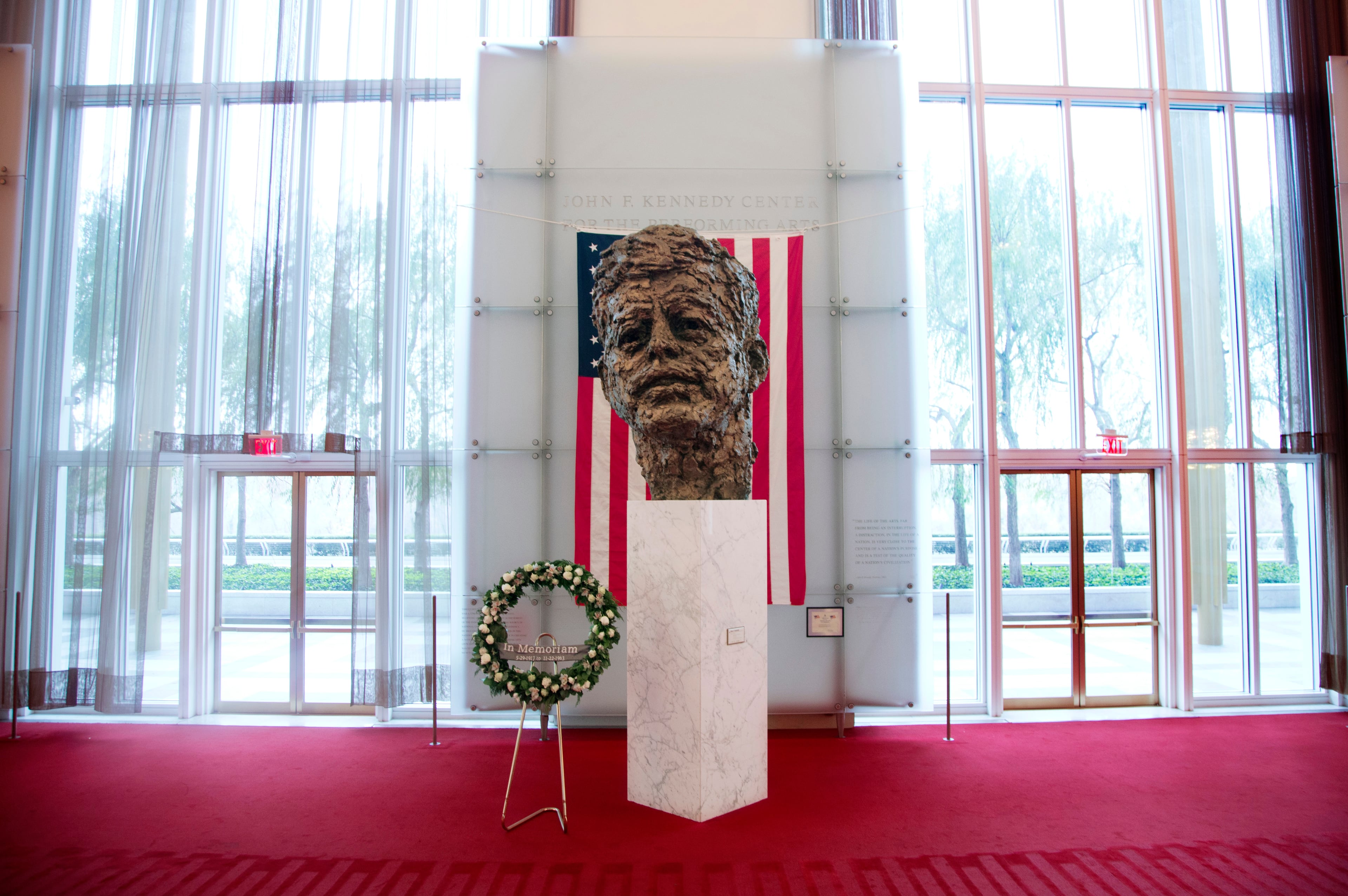‘Ghostbusters in Concert’ comes to Atlanta; meet two men behind the music

In celebration of the 40th anniversary of the release of Ivan Reitman’s cult-classic 1984 film “Ghostbusters,” the Atlanta Symphony Orchestra will perform Schirmer Theatrical’s touring show “Ghostbusters in Concert” on Nov. 1 and 2 at Atlanta Symphony Hall.
The Grammy-nominated “Ghostbusters” film score, created by Hollywood’s golden composer Elmer Bernstein, in addition to Ray Parker Jr.’s chart-topping “Ghostbusters” theme song, will be performed live by the Atlanta Symphony Orchestra during a screening of the film. The music will be led by visiting New York conductor Thiago Tiberio, known for his niche in synchronizing orchestras to film.
“I can’t believe I get to conduct ‘Ghostbusters,’” said Tiberio, who fondly remembers seeing the film for the first time with his brother growing up in Brazil. “The film very quickly became part of our imaginary world … we would trap ghosts, we would make those little packs and guns out of cardboard tubes … (the film) is ingrained in our souls.”

The score, Tiberio added, is integral to the film’s lasting power.
“If you divest the score from the film and you try putting in a different score, it becomes a different film,” he said. “Elmer (Bernstein), of course, was one of the greats. … He shows very clearly he can switch on a dime between the funky, funny type of music, and then back into the ghostly, kind of scary music. He can do it click-switch. It’s just so masterful. … The score is amazing.”
Bernstein’s son Peter, who originally orchestrated his father’s score when the father-son duo collaborated on the music in the ’80s, remembers his father saying the score was one of the most challenging he ever created. Considering the Academy-, Emmy- and Golden Globe-winning composer Elmer Bernstein scored more than 100 films, including “The Ten Commandments,” “To Kill a Mockingbird,” “The Grifters” and “The Age of Innocence,” that’s saying a lot.

“For a film like ‘Ghostbusters,’ you have an obvious comedy, you have a love story. You have the supernatural element, that even goes over to horror a few times. … If you dissect that score, it’s always walking a line between all these elements,” Peter Bernstein said. “So my father said that ‘Ghostbusters’ is one of the most difficult films he ever had to do, just to get that tone (right).”
Adapting the score to synchronize it with the final film for the purposes of the concert was no easy feat either. Bernstein, who was tasked with this challenge when he was first approached by Reitman and Ghost Corps Inc. in 2017 to help create the “Ghostbusters in Concert” show, explained. Between writing the original score, shooting the film, recording and mixing the music, changes are sometimes made off-the-cuff.
“When I looked at the original scores against the picture, they didn’t really match all the time,” he said. “So I had to reconstruct it all and reorchestrate it and make it work for this format.”
There were also certain sounds that had to be reimagined. For example, the very first music heard on the score — the blaze of light from the star — was created by a factory-programmed sound on a rare ’80s Yamaha synthesizer called a DX7. Other sounds were created using an Ondes Martenot, an early electronic instrument that created a wavering sound.
“You can’t have all those in a live situation,” said Bernstein. “An Ondes is unwieldy and you don’t want three synth players. So, we took all the synth and Ondes parts and compressed them into one keyboard part.”
Good orchestration, Bernstein said, hopefully elevates both the film director’s and composer’s vision.
“It simply brings out what the composer has in mind and reinforces it and makes it fuller and richer and more impactful,” he said. “That’s the orchestrator’s job. So hopefully at the end of the day, the composer looks at you and goes, yeah, that really sounds nice and big, just like I hoped.”
This experience-enlarging effect is likely also the reason film-with-orchestra programs have grown in popularity. According to a poll conducted by the Royal Philharmonic Orchestra that tracked audience engagement with orchestral music for five years from 2018 to 2023, film-music fusion shows have helped increase orchestral popularity. Of individuals new to orchestral music, 34% said they would be most likely to choose the spectacle of a film screening with a live orchestra.
“It’s definitely changed the industry,” Tiberio said. “Very often (after a performance) I hear something like, ‘Maestro, this is the first time that I’ve seen an orchestra in my life … and this is just the most amazing thing that I’ve ever heard.’ At which point I usually say, ‘You know what? They’re doing Mozart next week and you should come to hear that.’”
Traditional orchestra and orchestra for film are not so different at the end of the day, said Tiberio.
“To me, really, film scoring is a continuation of the classical European thread, right? Because if you think about the operas of Wagner, they had something called leitmotifs, which are the little themes that always go with a character, or the love theme, or the despair theme, or whatever it is, right?”
Bernstein agreed.
“Music is always a storytelling device …,” he said. “I know what it (film with orchestra programming) has done for orchestras. It’s put people in seats, which can sometimes be a struggle for orchestras. It’s wonderful. I’m all in favor of recognizing film music as an art form instead of something more disposable.”
IF YOU GO
“Ghostbusters in Concert” with the Atlanta Symphony Orchestra
7:30 p.m. Nov. 1-2. $39.50. Atlanta Symphony Hall, Woodruff Arts Center, 1280 Peachtree St. NE, Atlanta. 404-733-4800, aso.org.



